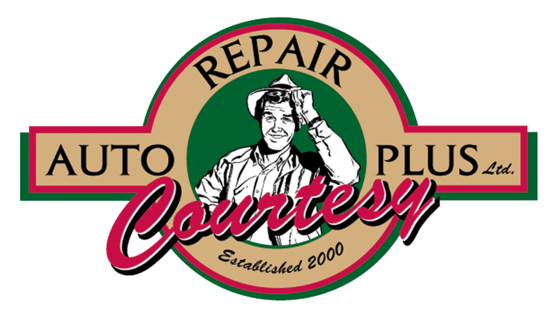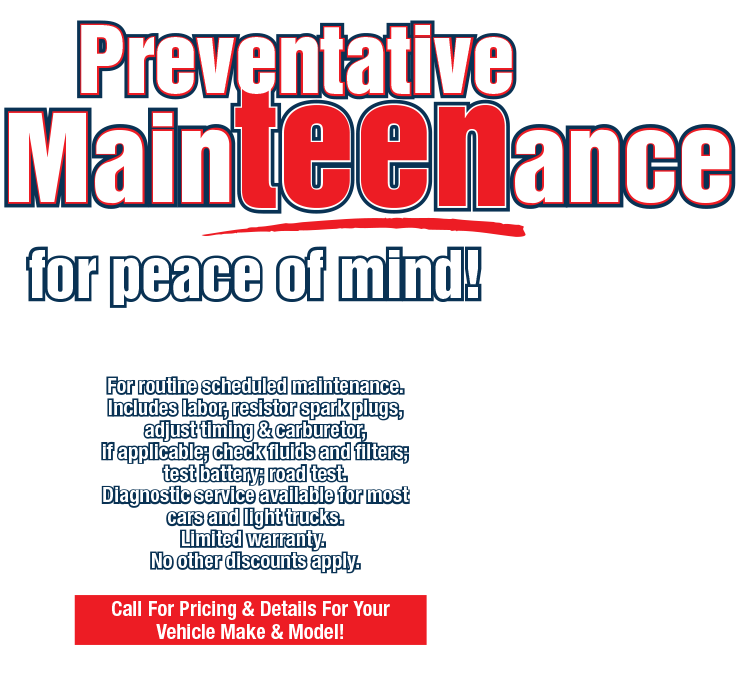The Courtesy Auto Repair Plus Basic Guide To Synthetic Oil
November 26, 2023
Synthetic motor oil has been around for a long time, and more and more new vehicles are leaving factories with synthetic in their engines. But a lot of drivers don't really know much about it.
Let's start with conventional oil – the kind folks are used to. Conventional oil is made up of naturally occurring hydrocarbon chains, which means its molecules are long and have various lengths. Like a pile of pencils, some of them new and some of them used.
Synthetic oil is man-made. Its molecules are more uniform and regular in shape – more similar to marbles than pencils. Some synthetic oil starts with a petroleum base that's modified and others are entirely synthesized from other materials.
Synthetic motor oil works better in both hot and cold temperatures. It's more chemically stable so it doesn't readily evaporate or break down in the high heat produced inside your vehicle engine. This means it resists turning to sludge, which is a real engine killer.
Remember that marbles and pencils thing we were talking about? Well, that makes synthetic oil slipperier than conventional oil which means less friction in your engine. Your vehicle engine runs cooler, wears less and lasts longer. You also get a boost in power and maybe even an improvement in fuel economy.
Synthetic oil also lasts longer so you change it less often – which is great for the environment. With longer oil change intervals, you need an oil filter specifically built for the longer service life of synthetic oil. Talk with your friendly and knowledgeable Courtesy Auto Repair Plus service adviser about synthetic oil and synthetic blends – they might be just what you need to improve engine performance and extend the life of your vehicle.
Give us a call.
More articles from Courtesy Auto Repair Plus

Oh, Stop! (Disc Brake Service)
May 11, 2025
Every time you drive your vehicle, you wear down your brakes just a little bit. And after a while, that adds up. Gradually, your stopping power isn't like it used to be. Since brakes are one of your vehicle's most important safety features, it just makes sense to keep them performing well. Mos... More

The ?Man-Made? Engine Oil (Synthetic Oil Change)
May 4, 2025
If you own a newer vehicle, your vehicles manufacturer may require that it use synthetic oil instead of conventional oil. Synthetic oils are more stable, dont break down as easily, and provide better engine protection than conventional oil. All those things can prolong the life of your engine an... More

Some New Boots (Suspension Maintenance)
April 27, 2025
There are some boots that don't come in a shoe box and aren't worn on your feet. They are called axle or CV boots, and they can be important parts for many vehicles. That CV stands for constant velocity. CV axles are mainly used in front-wheel drive and all-wheel drive vehicles. They're also us... More







